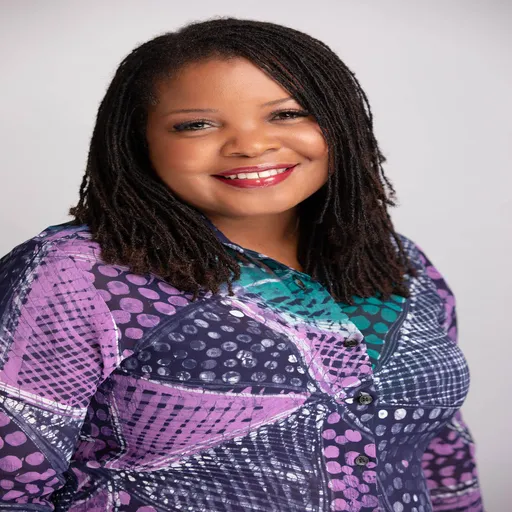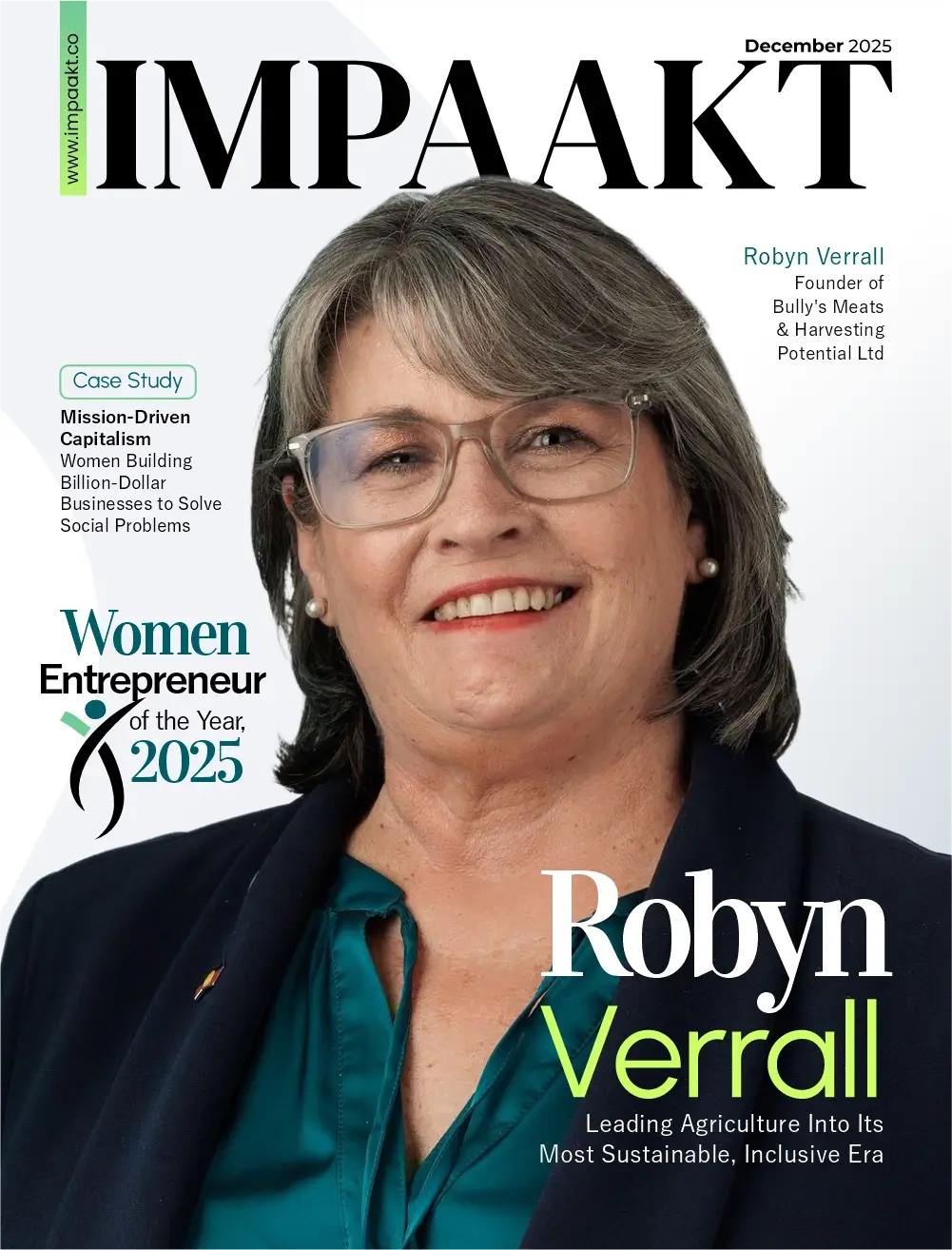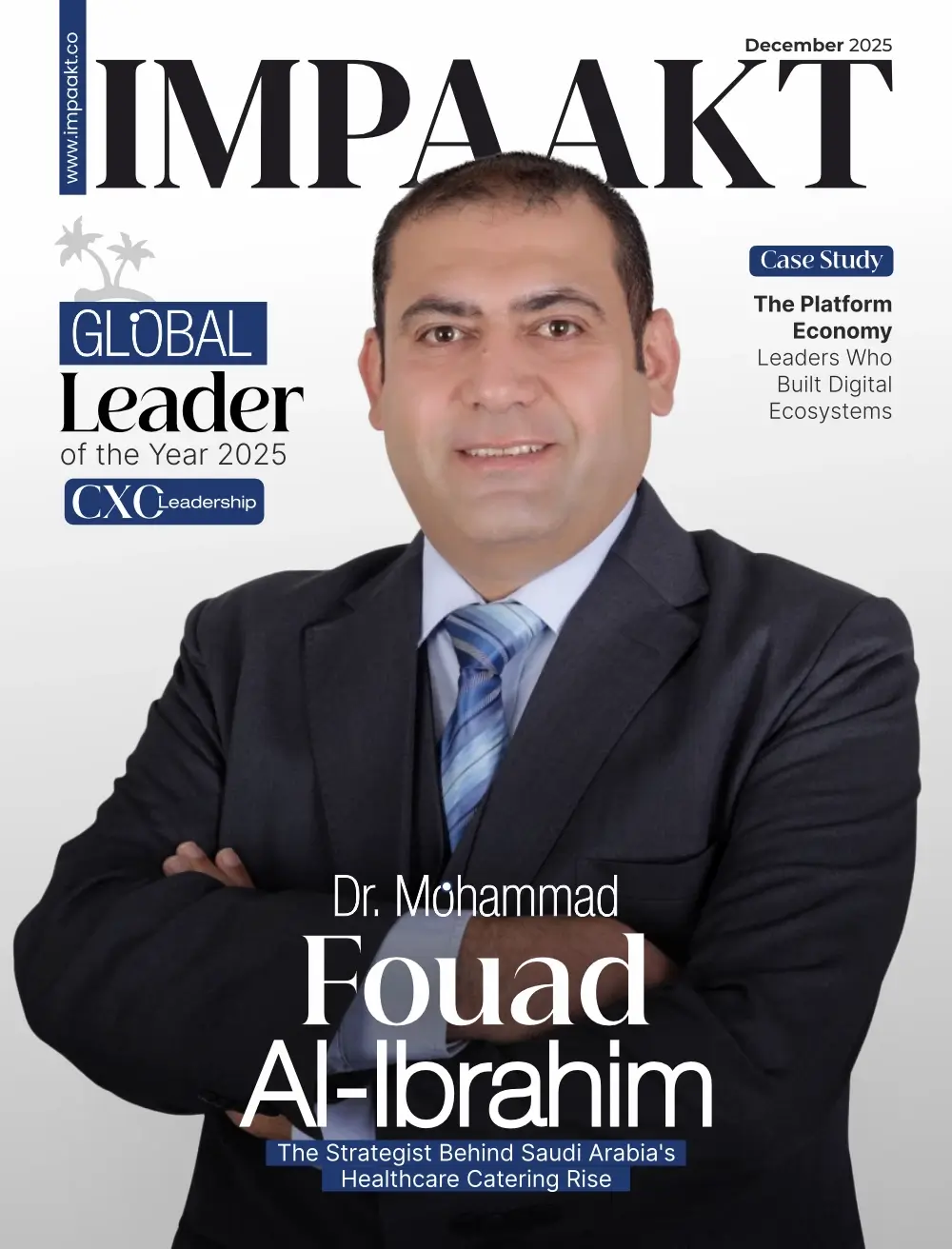“A rising tide lifts all boats.”
This adage, often credited to John F. Kennedy, holds weight for Terri Batch, President and CEO of Global LA. But unlike the metaphorical tide, in Los Angeles, the rising ocean of economic prosperity often fails to reach many communities, leaving them stranded on islands of inequity.
Terri, who ascended from Spelman College’s halls to the leadership of Global LA, is determined to reshape this tide. At the helm of this burgeoning non-profit, she’s tackling Los Angeles’ economic disparities head-on, wielding a toolkit forged from international trade expertise, staunch dedication to diversity, and an unshakeable belief in the potential of every Angeleno.
Global LA, under Terri’s visionary leadership, isn’t just another economic engine. It’s a meticulously crafted vessel designed to ferry prosperity across the city’s segregated economic waters.
Through strategic partnerships, targeted investments, and resolute advocacy for underserved communities, Terri aims to ensure that the economic boom, fueled by major events like the 2026 World Cup and 2028 Olympics, washes over every neighborhood, not just the gleaming downtown shores.
The following interview delves into Terri’s blueprint for inclusive prosperity.
Reflecting on Black History Month and your journey, how has your background and upbringing influenced your approach to leadership in your role as President and CEO of Global LA?
As CEO of Global LA, my objective is to uplift and celebrate all that Los Angeles has to offer the world. The Los Angeles region can boast about its diverse population, innovative industries, creative ideas, and so much more.
I will reference all my experiences and connections as a resource to support the Los Angeles region as we prepare for the world’s attention ahead of the 2026 World Cup, 2028 Olympic and Paralympic Games, and other global events. In doing so, my goal is to increase foreign direct investment in the Los Angeles region and create sustainable and good paying jobs.
As I reflect on Black History Month, I believe that it is important that I share what I’ve learned and experienced so that it can inspire the next generation. I’ve had some exceptional experiences that influence how I approach life and leadership.
From experiences such as studying and working in China and Taiwan, moving across the country for graduate school at USC and ultimately making LA home for the past 24 years, to working in the federal government promoting U.S. companies around the world for two decades, experiences such as these greatly influence my leadership and vision for Global LA.
You’ve been a public servant for 18 years at the U.S. Department of Commerce’s International Trade Administration. Can you share a pivotal moment or project that significantly shaped your career during this time?
I had many pivotal moments as a public servant. The beauty of working for U.S. Department of Commerce’s International Trade Administration, and specifically the U.S. Commercial Service in the U.S. field, is that the work was rewarding as I was able to travel to many interesting places around the world.
The pivotal moment that I would highlight is when George Floyd was murdered. It was during this time that I found a professional strength and voice that I had been developing consciously and subconsciously for the past 30 years.
I led an effort to develop strategic recommendations to leadership. This was the beginning of an employee resource group for Black employees, B-BOLD (Blacks Building Opportunities to Leverage Diversity), which improved morale within our organization.
We also developed a strategy to pursue support for businesses in Black communities, which morphed into all underserved communities. Even though this was a challenging time, we channeled our anger, frustration and disappointment of the moment into action and created change in the federal government.
How has B-BOLD made an impact within the U.S. Department of Commerce, and what broader implications does it have in the DEI space?
Through B-BOLD, we made great strides within the agency to shine a light on issues that employees were facing with low morale, lack of professional support, and lack of advancement opportunities.
It was exciting to be a part of a movement where people were empowered to speak up for change and to witness individuals being recognized and promoted to higher levels in the organization.
B-BOLD created a supportive space for not only personal fulfillment, but also innovation and creativity to thrive. It was through B-BOLD we developed the idea for the Global Diversity Export Initiative (GDEI). Our bureau was way ahead of other bureaus that had to move quickly and mobilize in response to White House Executive Order 13985.
I can proudly say that it was the work of B-BOLD that had already thought deeply about these issues and created actionable suggestions. This is a great example of how DEI initiatives can make impact in communities that have been historically left out or overlooked because of unfair policies or other reasons.
As CEO Of Global LA, I believe it is important for people to feel seen, heard, and cared for. When those basic needs are taken into consideration, an organization can maximize its impact and carry out its core mission.
Spelman College played a significant role in shaping your confidence and foundation. How did the environment at Spelman contribute to your success, and how do you think HBCUs can play a role in promoting diversity and inclusion in various fields, including international trade?
Spelman College played a critical role in developing me as an individual and giving me the tools necessary to thrive. I believe HBCUs play a critical role in developing and preparing students for success in life.
While at Spelman, I had a professor that introduced me to the U.S. Department of Commerce. He encouraged me to apply for the Ronald H. Brown Fellowship program, which I received, and changed the trajectory of my life.
I am extremely proud of the effort of my former colleagues to locate an office for the U.S. Department of Commerce at Shaw University, one of the oldest HBCUs in the country. There is also an office at Jackson State University in Jackson, Mississippi.
These offices will not only be able to service businesses in their area, but also provide exposure to the students through internship opportunities, access to guest speakers, etc. that will provide them with insight into the world of international trade.
These types of partnerships increase access and knowledge of careers in international trade, leading to greater diversity in the workforce and the businesses that are served.
As someone who studied computer science but eventually pursued a career in international trade and public administration, what advice do you have for individuals navigating unconventional career paths and pursuing their passions?
As a first-generation college student, I did not receive much guidance on career opportunities before choosing a major. If I had exposure to international trade in high school or even early in college, I may have chosen a different field of study.
The advice I give to my own children and to other young people is to keep an open mind and pursue opportunities as they are presented to you. You never know what a trip to a foreign country or listening to a lecture from an expert in a field may spark in you. I encourage young people to identify professionals with interesting careers and talk to them. I’ve never turned down a student that was interested in my career.
If you can’t identify someone to talk to, join a professional organization so that you can network and learn. I have been involved and contributed to some excellent organizations that provide support for international careers, such as Black Professionals in International Affairs, African Americans China Leadership Fellows program, and the African American Federal Executive Association.
You’ve emphasized the importance of taking risks and pursuing interests beyond expectations. Can you share a specific instance in your career where taking a calculated risk led to a significant positive outcome?
I’ve taken many risks in life. Taking on the CEO role with Global LA is a risk. Global LA is a start-up non-profit organization that has the potential to make a significant economic impact. It is a big leap to go from a federal government job to an organization that is still in a nascent stage. I have strong faith and I believe it will lead to a significant positive outcome for Global LA and for the Los Angeles region. I am a dreamer and I believe in speaking my future into existence.
You’ve mentioned facing challenges and obstacles, relying on your core values. Can you share a specific challenge you’ve encountered and how your core values guided you through it?
My core values include diligence, commitment, and superior service. There have been many challenges and obstacles throughout my career that I have had to rely on these values. Throughout my career these core values have been exhibited in the quality of my work and the interactions I have with colleagues and clients throughout the years. There is not one instance or specific challenge that I will highlight, but I will share that working in the federal government requires a great amount of diligence and commitment. To carry out the core mission, one has to have that type of mindset to be effective. I saw this exhibited daily in myself and others that understood that we were entrusted with a great responsibility. As a result, we exceeded our clients’ expectations and provided superior service to American businesses.
Given your diverse educational background and career experiences, how do you approach problem-solving and decision-making in your role as President and CEO of Global LA?
I approach problem-solving and decision-making in an organic and systematic way. I like to gather as much information as possible so that I can understand what problem needs to be solved or decision that needs to be made. If I am not well-versed in a situation, I will bring in expertise that can help me. Once I have enough information, I can decide a pathway forward step by step. I believe I learned this method of thinking when I studied computer science and design thinking.
Your dedication to superior service is evident in your career. How do you foster a culture of excellence within your organization, and what strategies do you employ to ensure high-quality service to clients and stakeholders?
I believe that fostering a culture of excellence begins with excellent communication and follow-through. I follow-through on what I say I will do for a client or a stakeholder. I believe this sets expectations and establishes trust. To me, this is the foundation for excellence and superior service.
For young professionals and students aspiring to make an impact in the DEI space, what would be your key piece of advice based on your journey and experiences?
My key piece of advice is to become an expert in whatever field you are in before tackling DEI issues, unless you have a role that is specifically for DEI. If you are in a DEI role, training is essential to be well versed on the latest in DEI practices and to make sure you are aware of your own biases. If you are not in a DEI role, I believe one should spend time perfecting your craft and developing a reputation for excellence. If you are not respected for your contributions in a field, if you try to tackle diversity issues, you will not be able to effectively advocate for change.

 More About Terri Batch
More About Terri Batch










